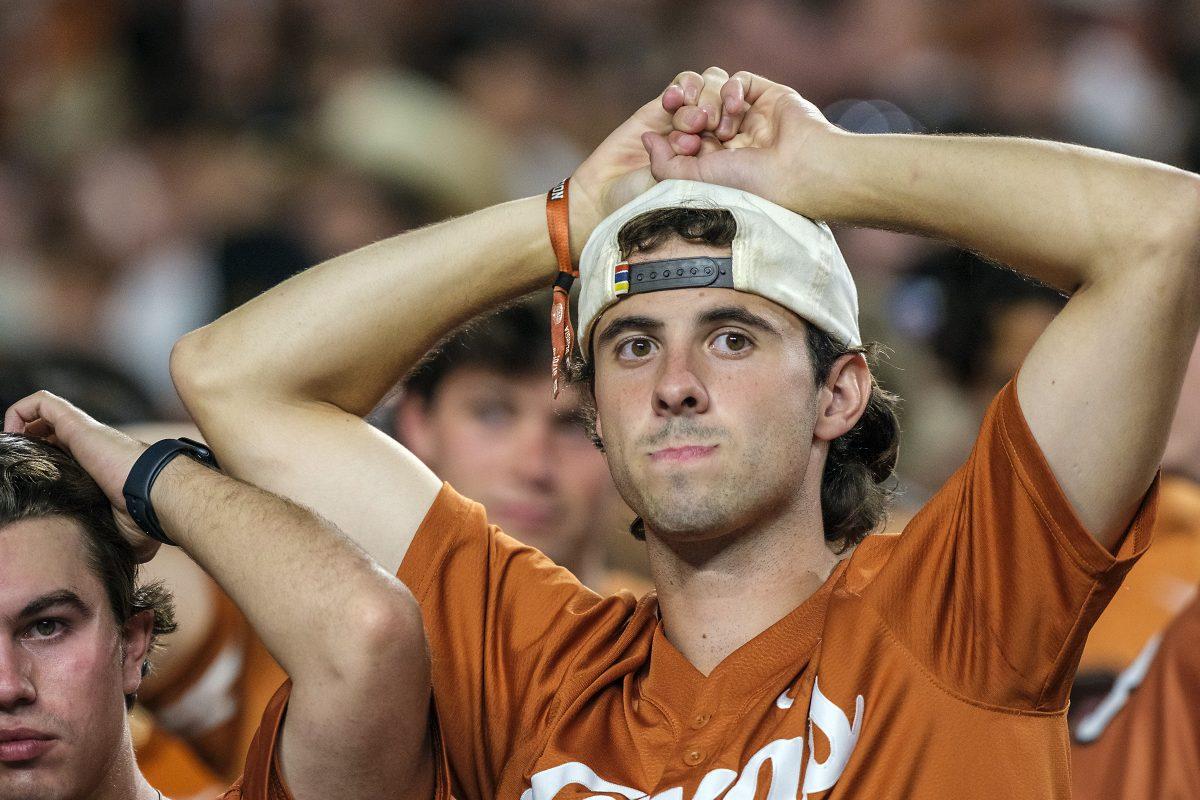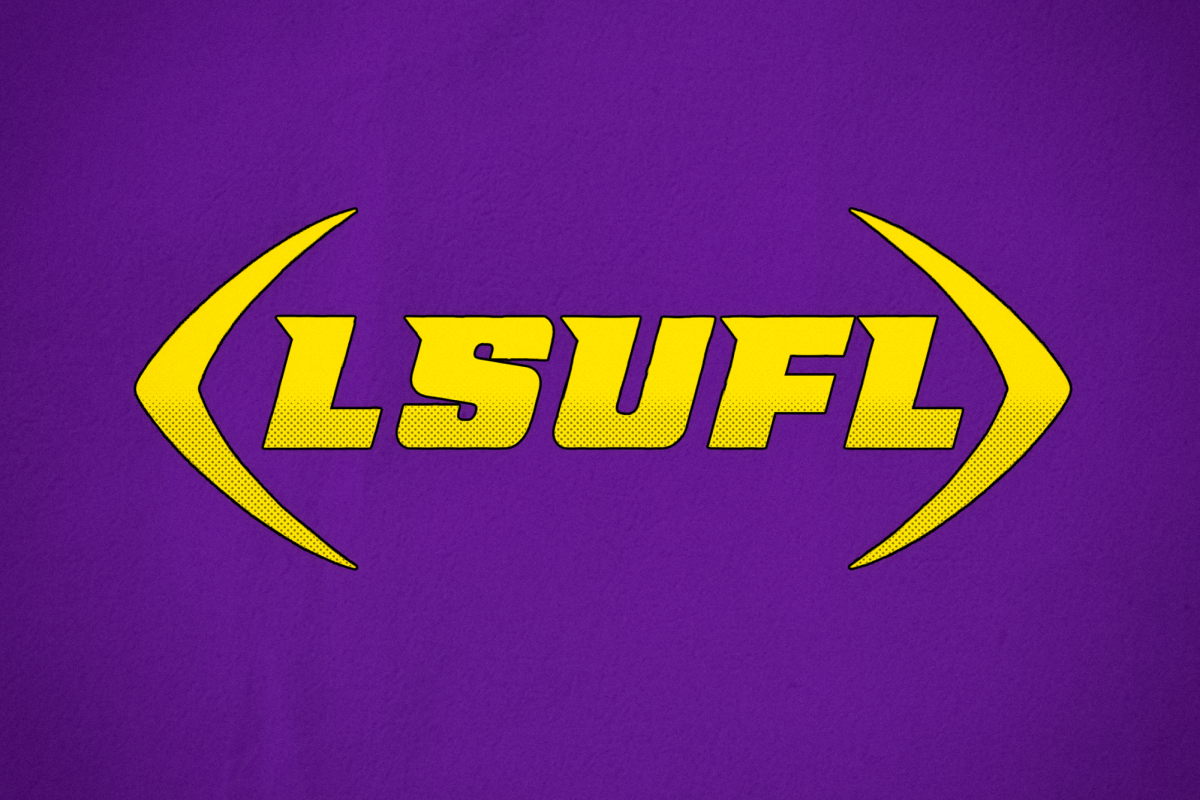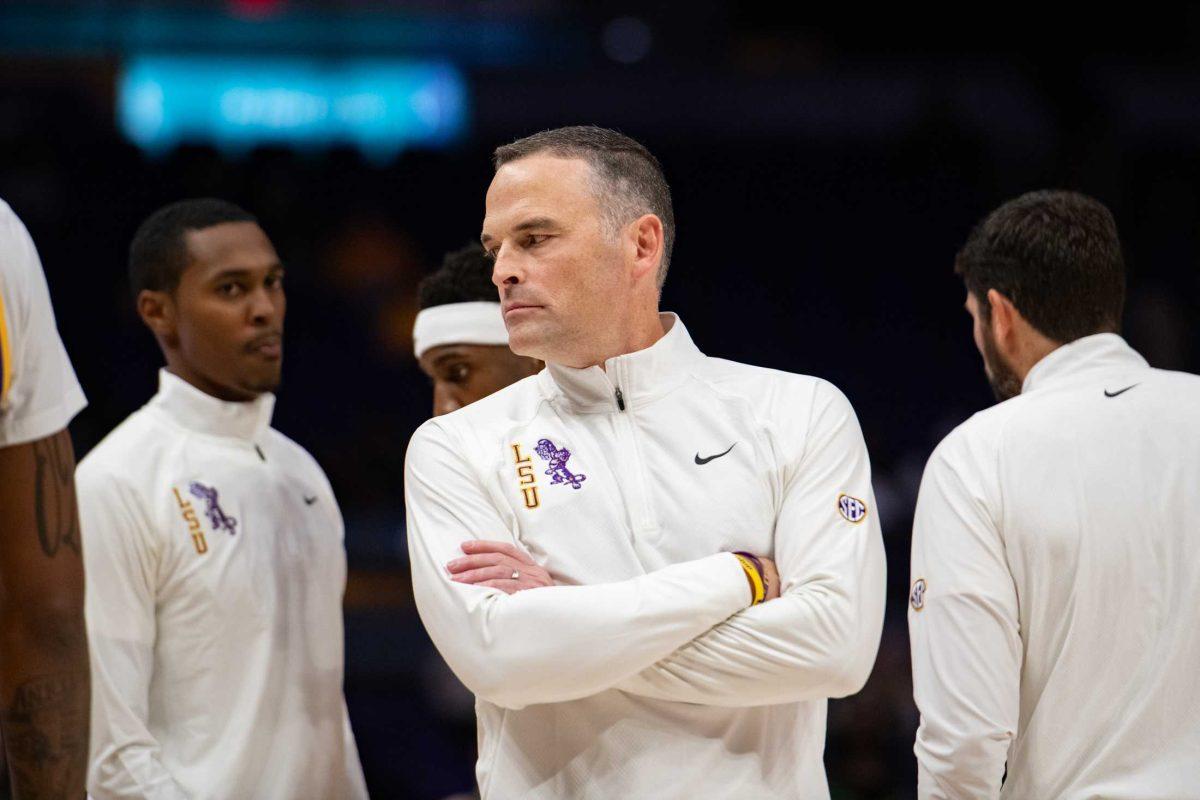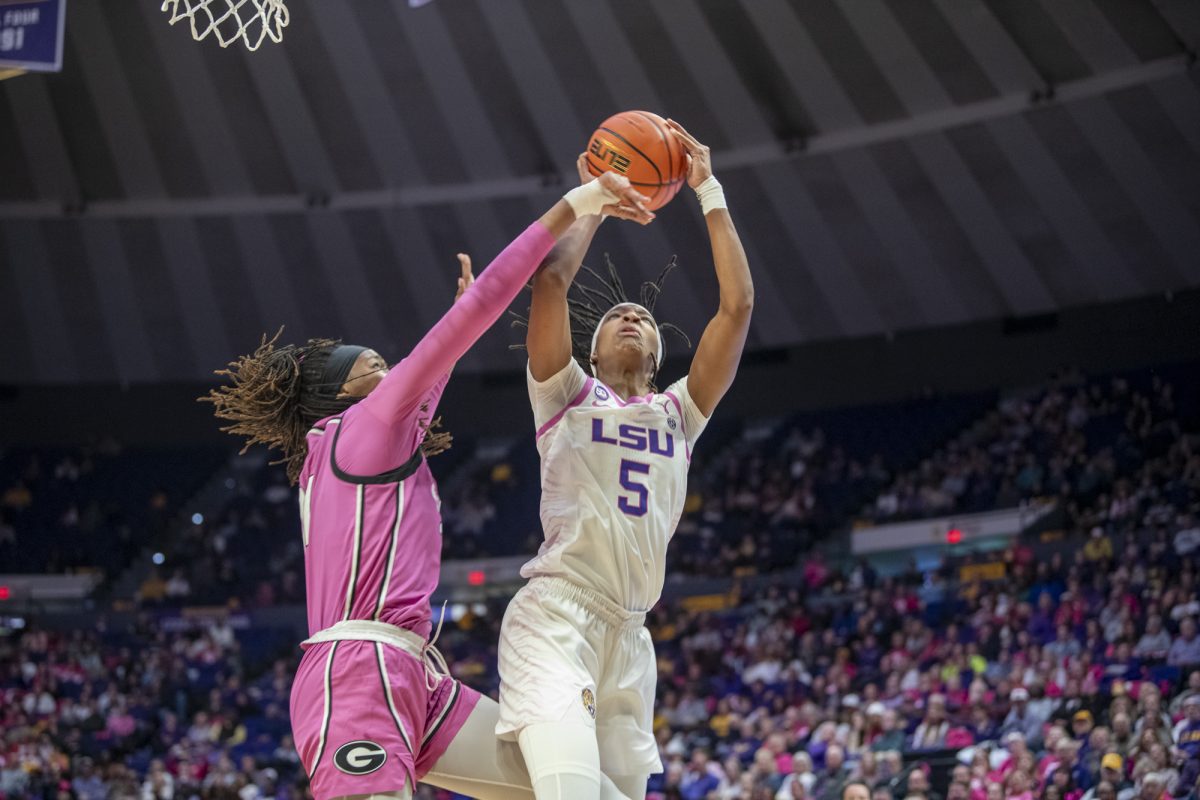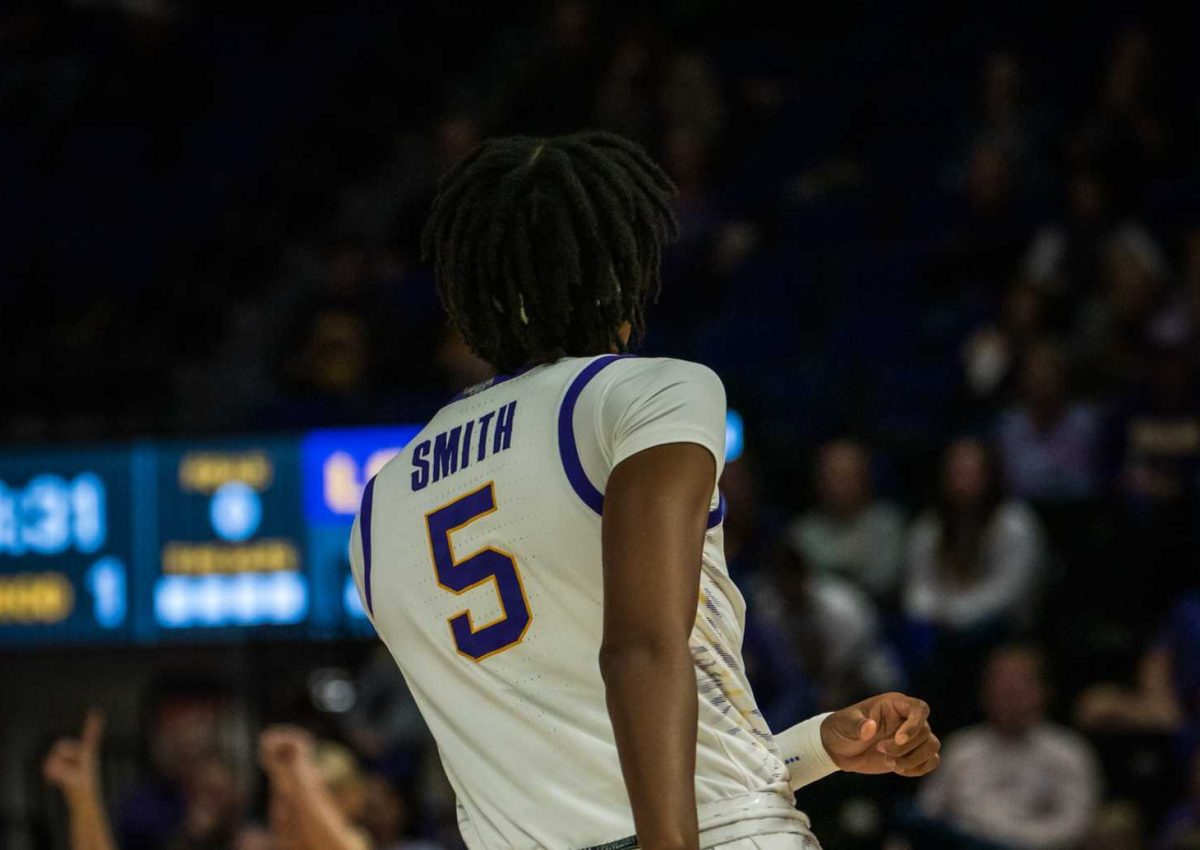No. 5 Georgia’s 30-15 triumph over top-ranked Texas could go down in NCAA infamy forever, but not for the reason you would think.
The game had astronomical implications for the SEC and the new 12-team college football playoff picture. The Bulldogs went on a 23-0 run to start the night and never looked back. The victory raised Georgia to No. 2, while the Longhorns now round out the rear end of the top five.
But the real story came late in the third quarter as Texas was mounting their comeback attempt.
Bulldogs quarterback Carson Beck looked left for receiver Arian Smith and threw it toward the sideline. Longhorns defensive back Jahdae Barron made contact with Smith at the top of his route while watching Beck’s eyes. When Beck threw it just wide of Smith, the opportunistic Barron made a play on the ball.
It was a massive interception in Georgia territory, as Texas now had momentum, trailing 23-8 midway through the second half. But as Barron ran it back, a penalty marker fell on the field. Barron was flagged for defensive pass interference.
It was a bad call. The contact went both ways and did not warrant a foul on Barron, and the record 105,215 who packed Darrell K. Royal-Texas Memorial Stadium agreed. They couldn’t believe it.
In retaliation, the Longhorns crowd began throwing water bottles and beer cans onto Cambell-Williams Field. Longhorns head coach Steve Sarkisian walked over to the section that was chucking the trash, raising his hands and yelling, telling them to cut it out. The officials were forced to hit the brakes as the game had come to a screeching halt.
The extra stoppage time allowed the officials to discuss the recent penalty further, and they overturned the call. It was an extraordinary end to an unprecedented turn of events.
“I won’t comment because I want to respect the wishes of the SEC office,” Bulldogs head coach Kirby Smart said. “But I will say now we have a precedent that if you throw a bunch of stuff on the field and endanger athletes, that you’ve got a chance to get your call reversed.”
Saturday night’s soap opera opens up an officiating can of worms. If the home crowd isn’t happy with a call, projectile-launching garbage onto the field gives the referees a chance to overturn the original call on the field. Not only will this slow down games for prolonged officiating conversations, something all sports fans are already sick of, but as Smart stated, propelling water bottles, beer cans and other waste onto the gridiron puts those on the turf at risk.
On Sunday morning, the SEC released a statement regarding the situation’s uncanny circumstances.
“The game officials gathered to discuss the play, which is permitted to ensure the proper penalty is enforced, at which time the calling official reported that he erred, and a foul should not have been called for defensive pass interference,” the statement reads.
While it’s good that the referees made the right decision and the play didn’t affect the game’s outcome, incorporating a new rule to avoid these types of situations should be No. 1 on the NCAA’s to-do list. Officials should not be allowed to overturn a call due to a stoppage unrelated to what’s happening on the field; what’s done is done, no questions asked.
As November nears, college football has increasingly intense matchups with potentially significant playoff implications. The NCAA doesn’t have time to address this in the offseason; it must act now before it’s too late.
The SEC fined the university $250,000 for Saturday night’s incident. The next morning, University of Texas system chairman Kevin Eltife, president Jay Harrell and athletic director Chris Del Conte released a statement.
“While we deeply appreciate the passion and loyalty of our fan base at The University of Texas at Austin, we do not condone the unsportsmanlike conduct that was exhibited by some individuals throwing objects onto the field during last night’s game and sincerely apologize to the University of Georgia players, coaches, and fans, as well as the Southeastern Conference and officiating crew,” the statement reads. “This type of behavior will not be tolerated.”
“Respect, sportsmanship, and fairness are the values that drive our program, and we expect all of our fans to uphold these standards. We are committed to fostering a positive environment for all participants, teams, officials, and fans, and we will take steps to ensure that this type of behavior does not happen again.”
While we don’t know how or when the NCAA will react, one thing is sure: Saturday night’s showdown could send shockwaves throughout college football for eternity.




